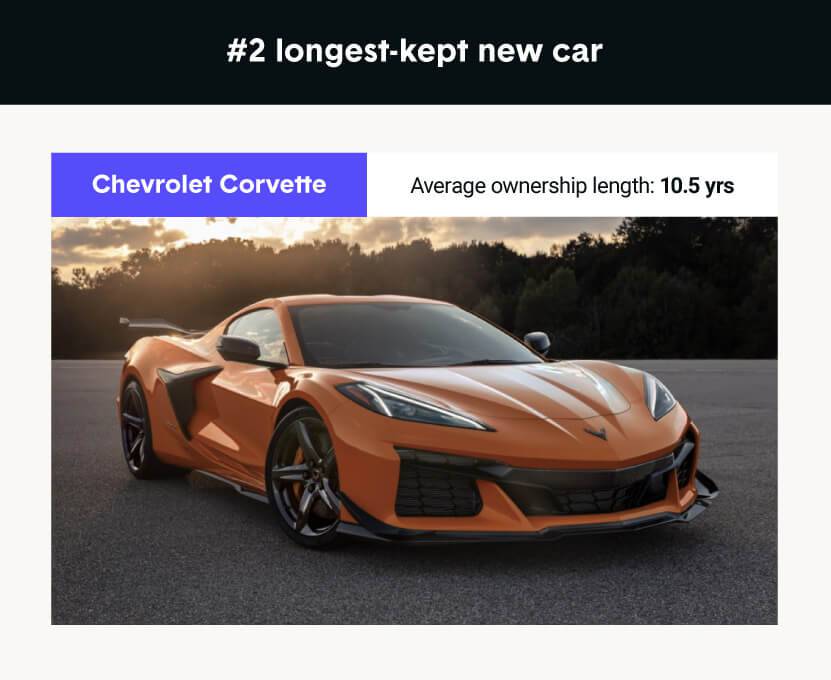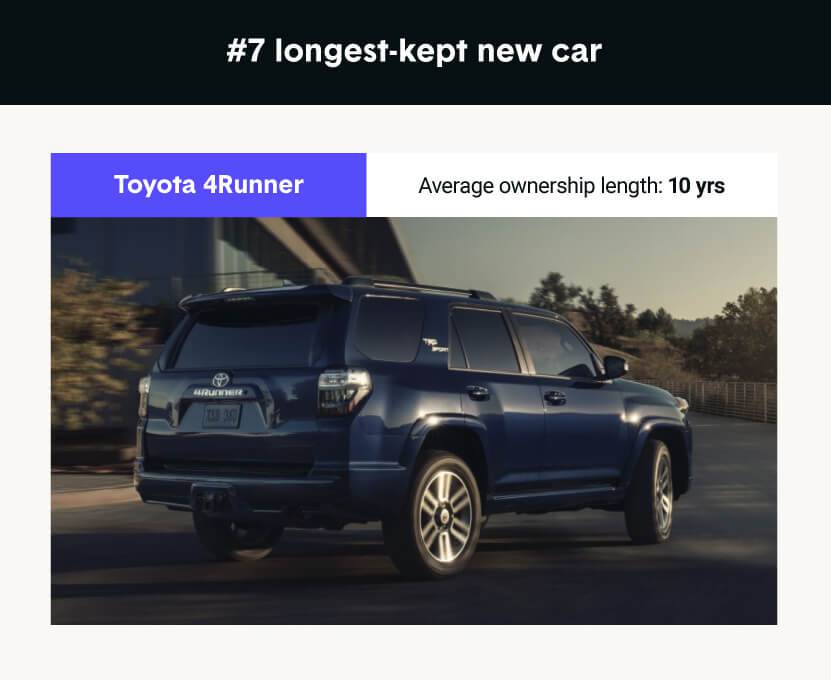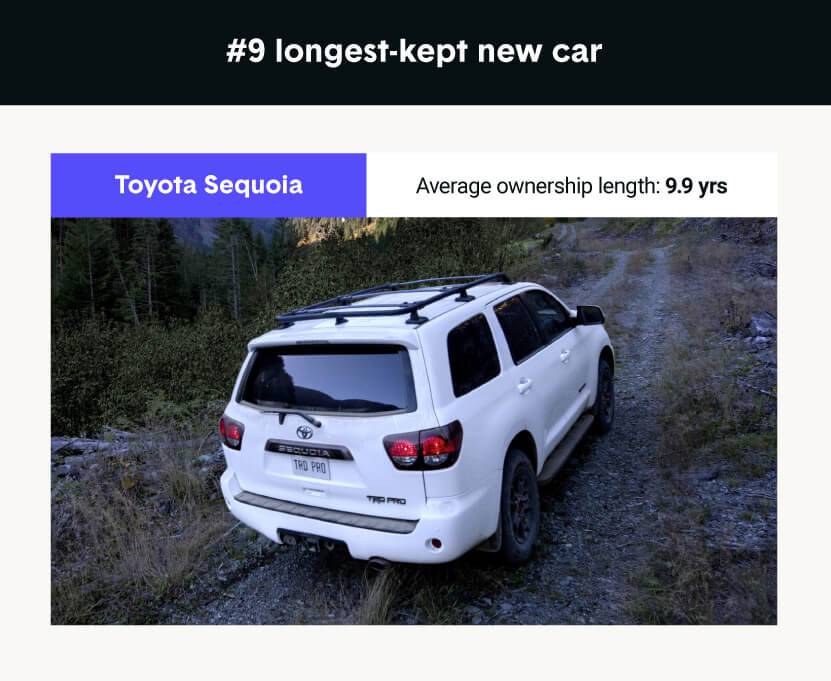Fix car problems promptly
If your response to a check engine light is to deal with it later, it’s time to change this habit. Identifying problems and making timely repairs are essential to your car’s longevity. Learn what each car warning light means so that you know what’s wrong with your vehicle and can make a plan to fix it promptly. This will help your car last longer and potentially save you thousands of dollars’ worth of preventable damages.
Drive it consistently
If you find yourself driving your car less, it’s good to remember that it’s still important to run your car at least every two weeks. Driving regularly prevents your car battery from dying and reduces any tire degradation. It also helps circulate fluids and keeps any moving parts lubricated.
Maintain your car regularly
Performing regular maintenance on your vehicle is crucial to helping your car last. Do your best to stick to the factory-recommended maintenance schedule that comes with your car. Whether it’s replacing your air filters, topping off your fluids or changing your oil, you can learn how to do these basic maintenance tasks to keep your car running smoothly and save on maintenance costs.
Give it a wash
Did you know that something as simple as a car wash could prevent a variety of damages to your car? Your car’s exterior bears the brunt of rain, dirt, mud and salt, and these elements can cause rust or damage the protective paint job on your car over time. Regular car washes can prevent the build up of these damaging substances and improve your vehicle’s longevity.
Turn on safety features
If your car happens to have the latest safety features, it’s important that you turn them on and use them whenever you drive. ADAS features like lane-departure warnings and blind-spot monitoring help prevent any accidents that could put your car out of commission. By practicing safe driving techniques and taking advantage of safety features, you reduce your likelihood of damaging your car and prolong its lifespan.
Keep your fuel tank full
Many car owners drive until their tank is empty and then fill it up, but this habit can actually be bad for your car. When your tank is left below a quarter full, it leaves room for air to come in and fill the space. Water vapor from the air can mix with your fuel and result in worse fuel efficiency.
Additionally, condensation in the wintertime can travel to your fuel lines and freeze. This will keep your car from starting and cause damage from the expanded water. No matter the season, aim to keep your tank full — or at the very least above a quarter full — to prevent unnecessary fuel tank damage.
Check your tires
It’s important to check the air pressure of your tires regularly. You’ll want to make sure that the pressure isn’t too low, because this will increase your fuel consumption and your risk of a tire blowout. Make sure your tires aren’t overinflated either, because this reduces your traction on the road.
Find the recommended tire pressure for your car by looking at the sticker located inside the driver’s door. Use a tire gauge to check the pressure and adjust the air as necessary at a local gas station.














